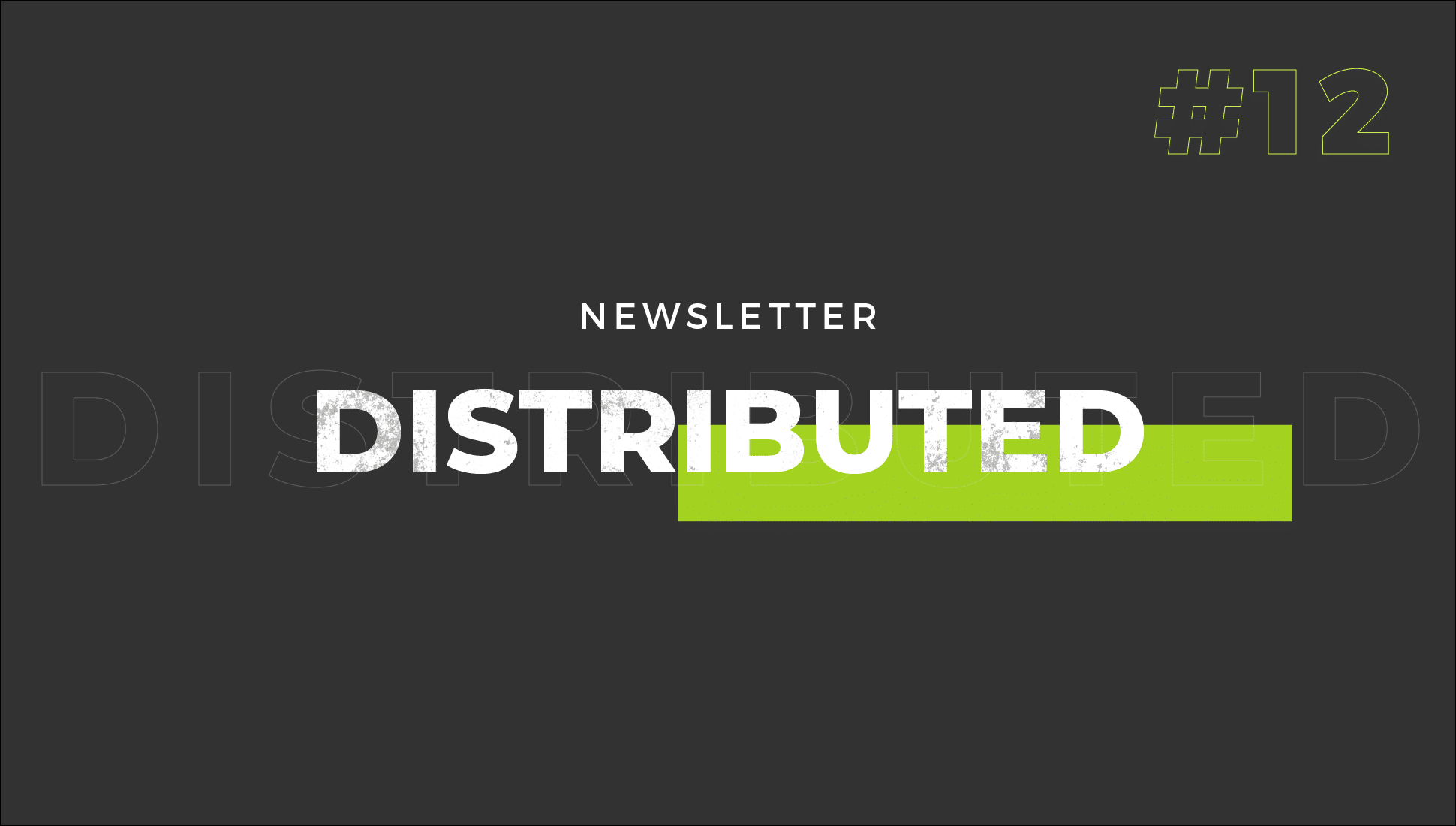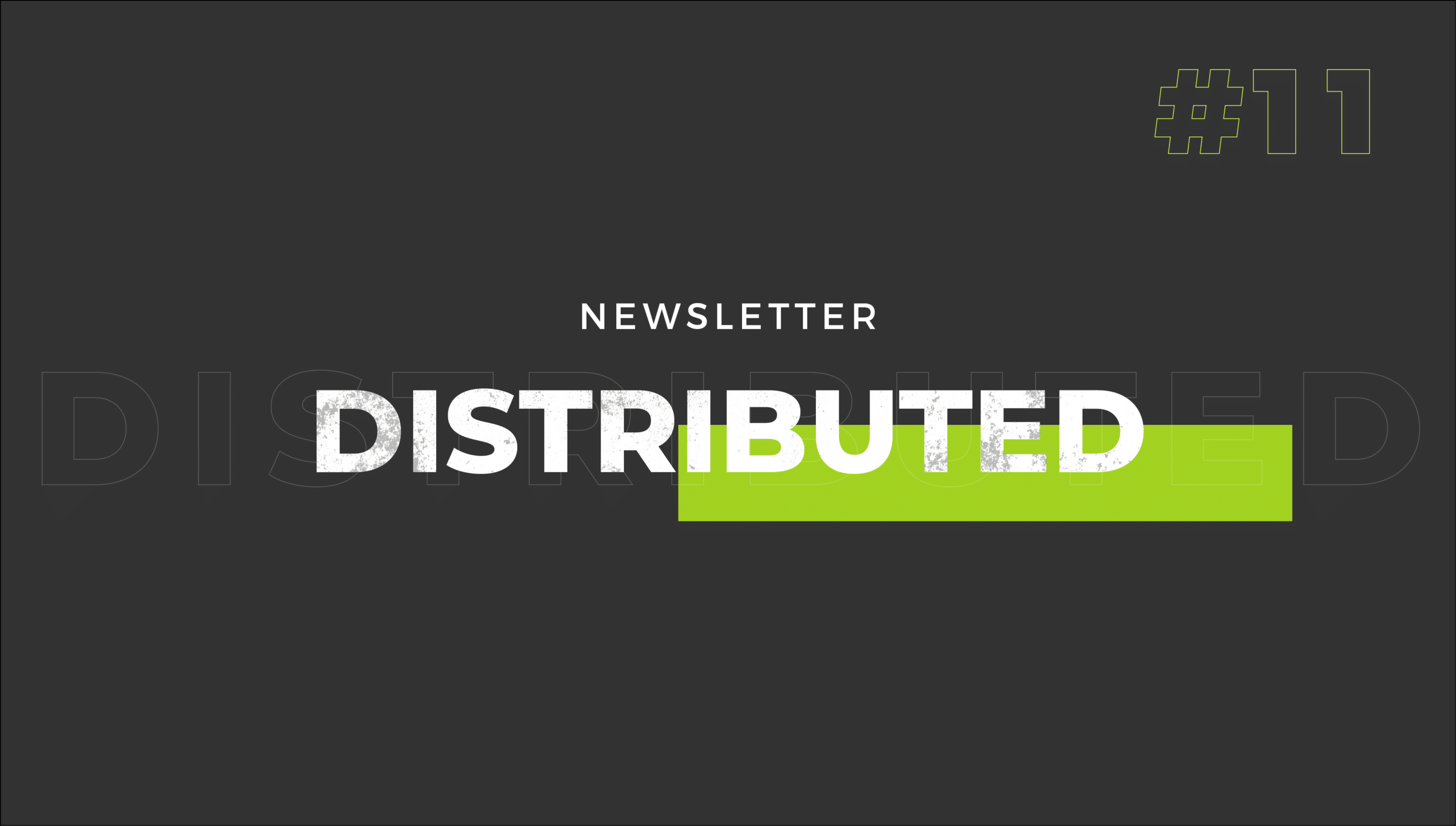If there’s one thing that we’ve learned without a doubt this year, it’s that the best laid plans can quite easily go awry, and the future is awfully hard to predict. Alas, we don’t really have a choice. We’re never going to be ready for everything, but that’s no excuse not to try.
So as we inch ever closer to the turn of the year, it’s time to start thinking about what the heck the future might hold. Here’s a few hints on what the marketing world might look like as 2021 begins.
And don’t worry: if you’ve been paying attention at all to marketing in 2020, some of this is going to sound pretty familiar.
Guess what: digital presence is as important as ever.
We reset a lot of habits in 2020, and once you reset a habit it can be hard to break. One of the main, and most relevant, habits that we had to reset this year was moving more and more of our lives online, and that is absolutely not going anywhere next year.
A lot of the basics of this have been in place for a long time. You don’t need me to tell you that having a website is important, your business has had one since 2001. You don’t need me to tell you that social media isn’t a fad, or that everyone has a smartphone. The change is the amount of usage that they’re all getting. We’re mostly cooped up in our homes, for work and play and everything else in-between. We can’t go anywhere, so the power of connectivity the internet provides is pretty much the only way we can get anything done.
So that doesn’t just mean you need a good website, though you obviously do. It means you need to be able to connect with your customers and prospects online, not just in person. It means that if you rely on things like face-to-face conversations and trade shows or conferences to make connections, you need to be able to do that virtually, whether fully or partially. It means video, it means interactivity, it means personalization, it means investing in paid media.
One of the most important lessons to learn in marketing is that you need to be where your audience is. Your audience went online more than ever in 2020, and they’re not leaving.
That means content is critical.
One of the most important ways that you can connect with your audience is, of course, through talking to them. That’s content. And—shocker—the amount of content that people consumed rose pretty significantly this year.
So that means if you weren’t committed to creating a high volume of quality content in 2020, you missed a trick, and if you aren’t planning on doing so in 2021, you’re only compounding the issue. It’s not easy. There’s a lot of work that goes into building a good content operations system that will allow you to know that you’re going to be consistently producing content, and that the content you produce is going to be consistently good. And once you’re churning out that awesome content, you’re going to want to know whether or not it’s actually awesome. So you’re going to need to track content KPIs and measure what’s working and what’s broken so you can lean into the former and fix the latter.
It’s not just enough to have a blog, or a YouTube channel, or any and all of the possible content channels there are. It all has to be good. Don’t just pay lip service to content.
Is a Facebook backlash coming?
People have been mad at Facebook for a while and for a whole bunch of reasons, as anyone who’s seen the film The Social Network could probably tell you. Now, evidently, we can add the Federal Trade Commission and “dozens” of states to that list, as they’ve hit Facebook with a pair of antitrust lawsuits with the aim of potentially breaking up the tech giant.
This is pretty obviously a huge deal, but it’s also super new. More than likely the effects of this—if any—will take years to bear out. And since I’m neither an antitrust lawyer nor a board member at Facebook, I frankly can’t give a great prediction of what those effects are going to be. But if we’re going to be increasingly digital marketers, any potential sea change is going to be deeply, deeply important to us. If governmental action affects the way Facebook operates, it could change everything. It’s worth at least keeping an eye on. Maybe both.
Recovery doesn’t mean “back to normal.”
Pretty much everyone in the world is ready for the effects of 2020’s economic troubles to reverse. A lot of businesses kind of got used to the decade-ish of bull markets we had after the 2008 recession, and once COVID dropped the bottom out of the economy, we all had to rush to react. As we transition into 2021, everyone’s eager for recovery to take hold fully.
According to Federal Reserve Chairman Jerome Powell, though, even when that recovery really hits, we should not expect that to mean that we find ourselves back in the economy we inhabited in February 2020. “We’re not going back to the same economy, we’re going back to a different economy,” he said in November 2020. What exactly does that mean?
First of all, it means that not everyone is seeing recovery, and everyone’s feeling it differently. Powell mentioned the fact that many lower-income workers are struggling, and that workers in the service industry might need more help going forward. It seems like a pretty obvious thing to note, but when we talk about “the economy” a lot of times that ends up really meaning the stock market—and it’s especially important for B2C marketers to remember that the Dow Jones going up doesn’t help everyone in the same ways, or at all.
It also just means that things are changing. That’s a natural process, part of just the way that we advance and grow as a global society. But many of those changes have been amplified or sped up by the ways in which things changed in 2020. Powell noted the fact that the pandemic had accelerated a number of trends that we’ve already been experiencing, like the increasing use of technology, automation, and remote work. We’d all done a Zoom meeting before 2020, but over the last year we’ve practically become Zoom experts. At this time next year, it’s more likely that a lot of us are still working remotely than it is that we’re all 100% back in the office—not just because of COVID concerns, but because we’ve all realized we don’t need to be in the office every day.
Things are going to get better. But that doesn’t mean they’re going to go back to where they were before. That’s not a bad thing, if you’re ready for it.
Expect the unexpected.
This is a tough one, because it’s 100% a cliche, and something that you should be thinking about as you go into any new year. But it’s also very clearly something that was more important than ever in 2020, and there’s no reason to believe that changing over your calendar is going to change that at all.
COVID-19 is not going to stop being a thing on January 1. Sure, the vaccines are on their way, but when is that process going to be complete? March? June? A year from now? And what’s that going to look like? And what’s coming next? It’s just not possible for me to sit here today and accurately predict any of that. In 2019 we felt like we could, but this year has proven the hubris of that.
Things are simply changing faster in the world at large than they used to. Agility is going to be more critical than ever, for businesses and individuals alike. The world of last year is near unrecognizable now, and while I think we’re all hoping for a little less of that next year…no guarantees.





